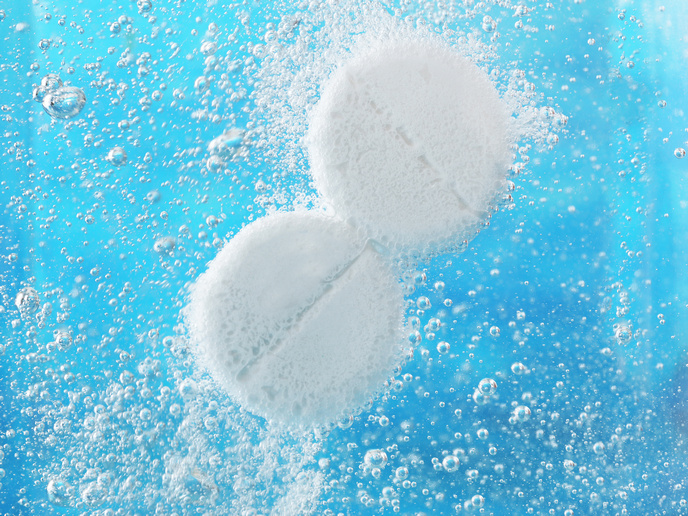Aim for plastic-free seas
The increase in plastic production over the past 50 years has caused significant pollution issues on both aquatic and terrestrial ecosystems. Plastic debris accumulates in rivers, seas and oceans in the form of macroplastics (>5 mm) and microplastics (<5 mm). Coastal and marine species get entangled in plastic waste or ingest microplastics -which look similar to plankton- mistaking it for food. This way, microplastics can end up in humans through the food chain.
Tools for detecting macro and microplastics
The mission of the EU-funded CLAIM(opens in new window) project was to take action against plastic pollution through innovative technologies. “Our goal was to lay the ground for a healthy marine environment, free of macro and microplastics, in the European seas using clean technology,” outlines George Triantafyllou, project coordinator and research director at the Hellenic Centre for Marine Research(opens in new window). Researchers generated a set of tools that allowed them to identify marine plastic waste hotspots. These included modelling tools that take into account marine currents, waves and wind to simulate the pathways of plastics from land-based sources into the sea. Marine observation data from FerryBox(opens in new window) systems also proved to be a very useful mean for gathering information that could not be covered by conventional efforts. Moreover, CLAIM developed a passive filtering system that provided information on marine litter distribution in the Mediterranean and Baltic Seas. It has been used on board, on vessels equipped with FerryBox systems or other flow-through seawater pumping systems.
Synergetic technologies against marine plastic waste
To prevent floating litter from entering the sea, the consortium developed the CLEAN TRASH® system(opens in new window) that consists of an array of floating barriers designed to mimic those used in oil spills. When the system was placed at river mouths/estuaries, it demonstrated >95 % efficiency at collecting plastic litter, which mainly consisted of plastic and styrofoam used in packaging. The waste collected by the CLEAN TRASH® system can be further processed using a small-scale thermal treatment device known as pyroliser. It exploits plasma-fueled high temperature for transforming solid waste into a combustible gas that can be used as an energy source for lighting, heating, and charging batteries. The small size of the pyroliser gives the opportunity to operate either in ports and marinas or in small boats or vessels that clean the sea from macroplastics. CLAIM also designed and manufactured a filtration technique to trap all the microplastics in wastewater treatment plants and to further degrade them using sunlight. The technology encompasses an automated filtering device and a photocatalytic reactor(opens in new window) that uses nanotechnology to facilitate plastic degradation upon exposure to light.
Raising awareness about plastics marine pollution
The tools and technologies developed during the project are available for immediate installation. Apart from providing compelling insights into the dispersion of plastics in the marine ecosystem, these tools demonstrated that the plastic pollution in a country’s marine protected areas may originate from sources beyond its national jurisdiction. Therefore, it is essential for European countries to cooperate to keep their seas clean and safe. The consortium ensured to raise awareness in society and stakeholders about the problem of microplastics in oceans and the importance of marine ecosystems. They also engaged in the production of policy briefs(opens in new window) to adapt relevant legislation and provide incentives to support mitigation measures against plastic pollution in the sea.







